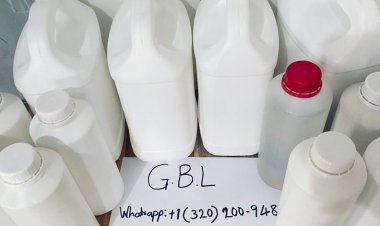Common Mistakes to Avoid at Batha Border Customs
A quick guide on common mistakes to avoid at the Batha border customs—helping travelers and importers save time, avoid fines, and ensure smooth clearance.
Share this Post to earn Money ( Upto ₹100 per 1000 Views )
The Batha border is a vital gateway connecting Saudi Arabia with the United Arab Emirates, facilitating extensive trade and travel across the region. Despite its importance, many businesses and travelers encounter issues due to common errors during the customs clearance process. Understanding these pitfalls is essential to ensure smooth and efficient passage through this busy checkpoint.
Incomplete or Incorrect Documentation
One of the biggest challenges faced at the Batha border is related to documentation. Submitting incomplete or incorrect paperwork can delay the clearance process significantly. Essential documents such as commercial invoices, packing lists, and certificates of origin must be accurate and consistent. Even minor discrepancies between documents or missing certifications can result in cargo being held or rejected.
Misunderstanding Import and Export Rules
Customs regulations vary from country to country, and assuming that the rules in one Gulf Cooperation Council (GCC) country apply to another can lead to serious problems. Importers often overlook specific Saudi regulations, leading to confiscation or penalties for restricted goods. Items like pharmaceuticals, chemicals, or electronics often require special permits or approvals before crossing the border.
Delayed Declarations and Poor Planning
Arriving at the border without prior declaration or outside designated customs hours is a common mistake. The Batha border operates under strict schedules, and failure to declare goods in advance can cause long waits and additional fees. Many exporters do not take advantage of pre-clearance systems, which streamline the customs process and reduce waiting times.
Lack of Preparation for Inspections
Customs officers at Batha conduct thorough inspections, especially given the volume of trade passing through. Poorly packed or mislabeled cargo slows down the inspection process and increases the risk of secondary checks. Concealing goods or misrepresenting cargo details can lead to severe fines or confiscation.
Disregarding Local Legal and Cultural Requirements
Saudi Arabia has strict cultural and legal standards that affect what goods are allowed through customs. Items that are acceptable in neighboring countries may be prohibited here. Failing to respect these requirements can result in seizures or legal actions, particularly for products like religious materials, media, or personal care items containing banned substances.
Working with Unlicensed Brokers or Transporters
Using unregistered customs brokers or unauthorized transport companies is a risky shortcut that can backfire. Improper handling of documents or shipments can lead to cargo detention or penalties. To avoid these issues, always engage licensed professionals who are familiar with Batha’s procedures.
Communication Breakdown Among Stakeholders
Efficient customs clearance requires coordination between all parties involved — exporters, importers, brokers, and drivers. Miscommunication about cargo details or documentation status frequently causes delays. Keeping everyone informed and on the same page is critical for a hassle-free process.
Staying Updated on Customs Regulations
One of the most overlooked mistakes is failing to keep up with changing customs policies. Regulations, fees, and required documents can change quickly due to economic or political shifts. To avoid unexpected problems, businesses should regularly consult official resources.
In fact, staying informed about the latest procedures and requirements at the batha border customs is essential for timely and efficient clearance.
Overlooking Health and Safety Protocols
Health regulations, including vehicle sanitation and driver health checks, have become increasingly important. Non-compliance with these protocols can result in inspection delays or denied entry.
Conclusion
Crossing the Batha border smoothly requires more than just arriving with your goods. Proper documentation, understanding regulations, timely declarations, and professional handling are vital. By avoiding these common mistakes and staying updated through trusted sources, you can ensure your shipments pass through batha border customs without unnecessary delays or complications.

















